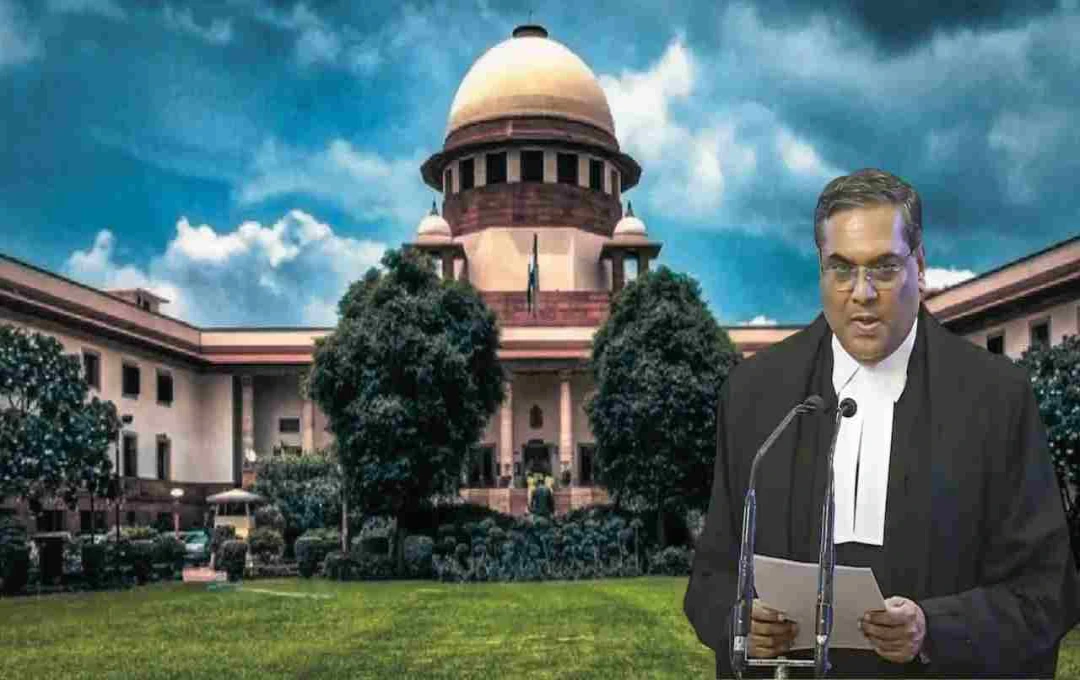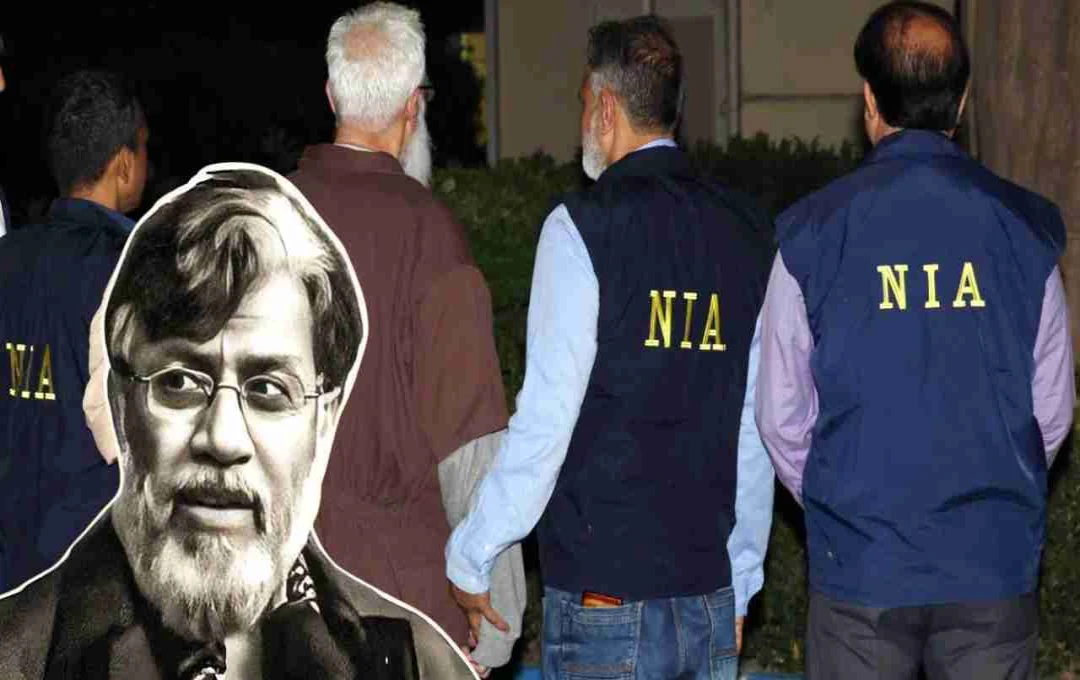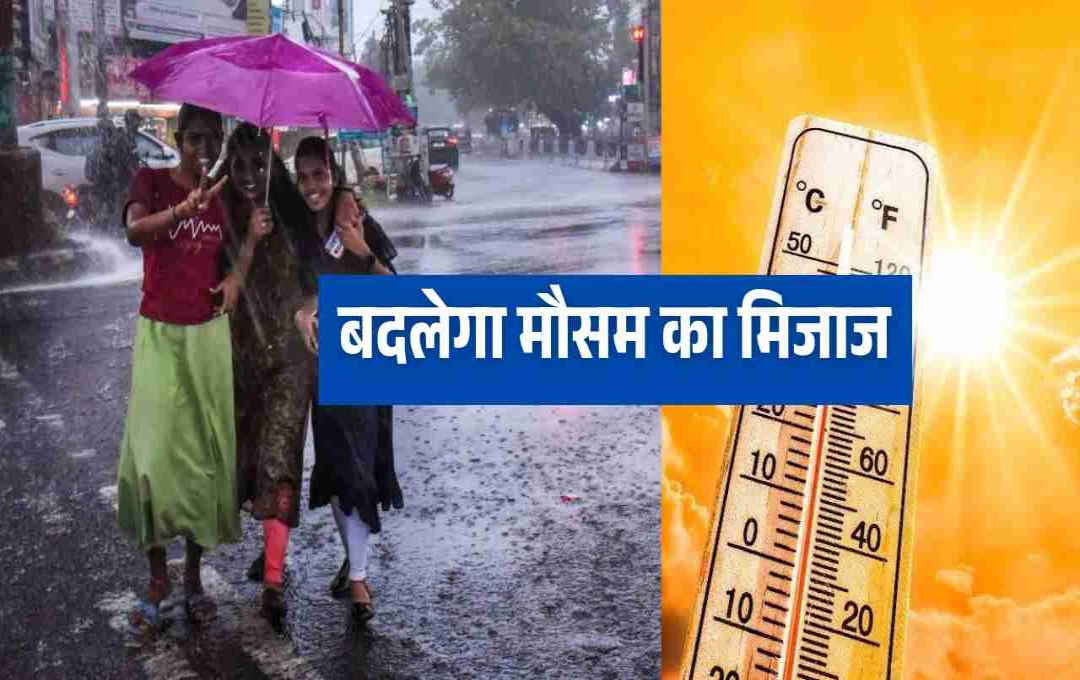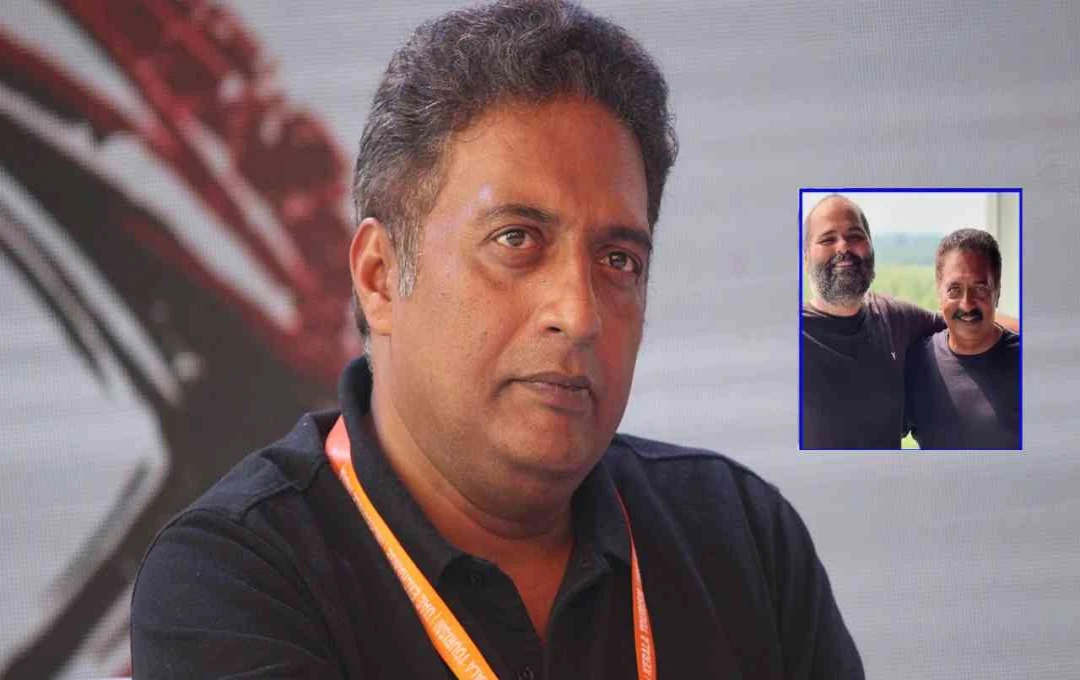This Supreme Court directive is being viewed as a significant precedent in the Indian constitutional framework. For the first time, the nation's highest court has directly instructed the President, mandating a three-month deadline for deciding on bills submitted by Governors.
New Delhi: A significant turning point in India's constitutional history has been reached, with the Supreme Court issuing a directive to the President, clarifying that a three-month deadline is mandatory for deciding on bills sent by Governors. This landmark order arises from the ongoing impasse between the Tamil Nadu government and Governor R.N. Ravi.
Constitutional Deliberation Stemming from the Tamil Nadu Case
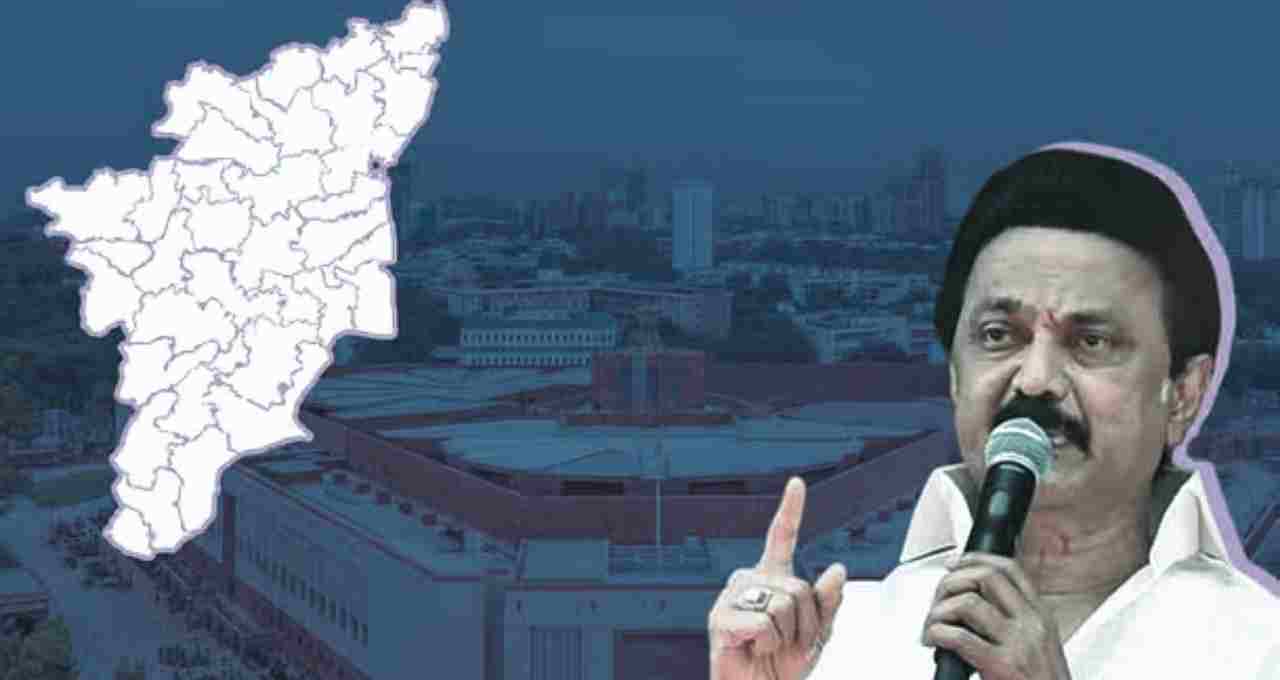
A petition was filed concerning 10 bills passed by the DMK government in Tamil Nadu, which the Governor had kept pending for approval. Hearing the case, the bench of Justices J.B. Pardiwala and R. Mahadevan clarified that the President does not have the power of 'indefinite waiting,' or a pocket veto. If a bill is sent to the President, they must either assent or dissent; they cannot indefinitely withhold a decision.
Article 201 of the Constitution Now Subject to Judicial Review
The Court stated that under Article 201 of the Constitution, when a bill is reserved for the President's consideration by the Governor, the President's decision is open to judicial review. Until now, this area was left to the discretion of the executive, but the court has set a precedent by bringing it under judicial accountability.
Three-Month Deadline: Court Door Open for Inaction
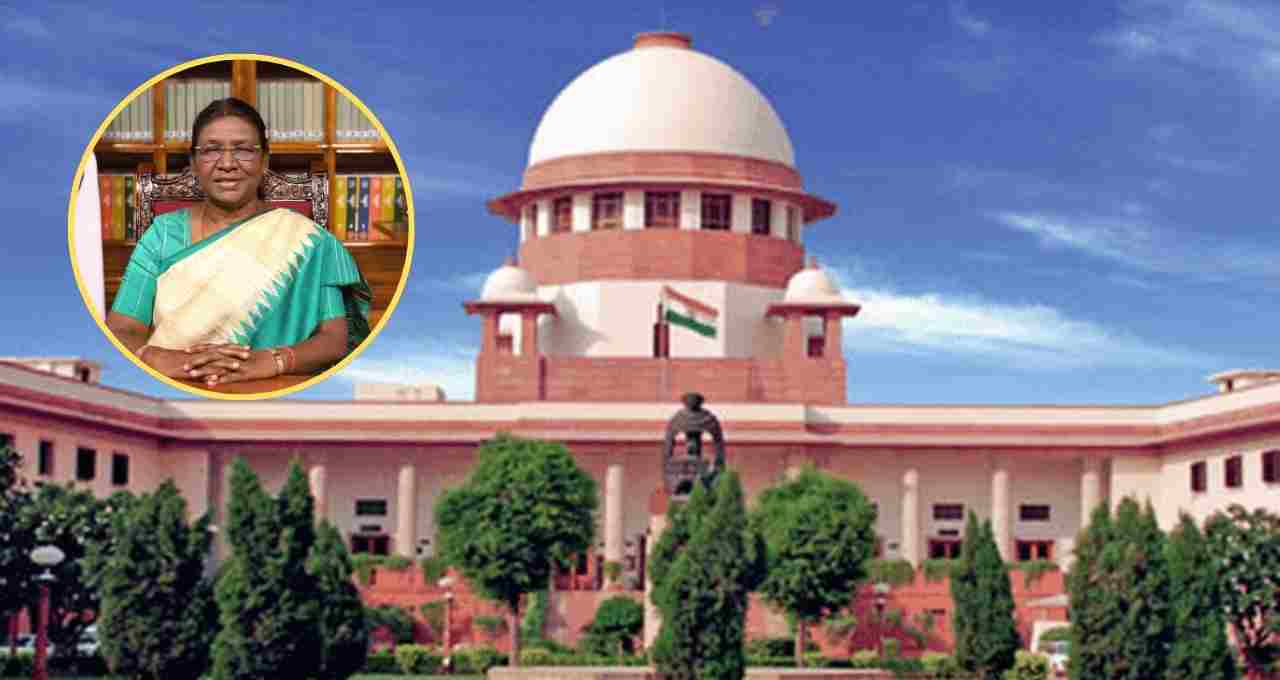
The Supreme Court also stated that if no decision is made within the three-month timeframe, the concerned state government can challenge it in court. Furthermore, if the delay is due to a specific reason, it must be explained in writing and the state government must be informed. The court clarified that if there is doubt regarding the constitutional validity of a bill, the executive should not assume the role of the judiciary. In such cases, the President should consult the Supreme Court under Article 143; this is the constitutionally mandated procedure.
The court stated that when decisions need to be made on matters such as the validity of a bill, this is the sole purview of constitutional courts. The executive cannot interfere. The Supreme Court deemed the Governor's inaction improper, describing it as a violation of constitutional duties.
